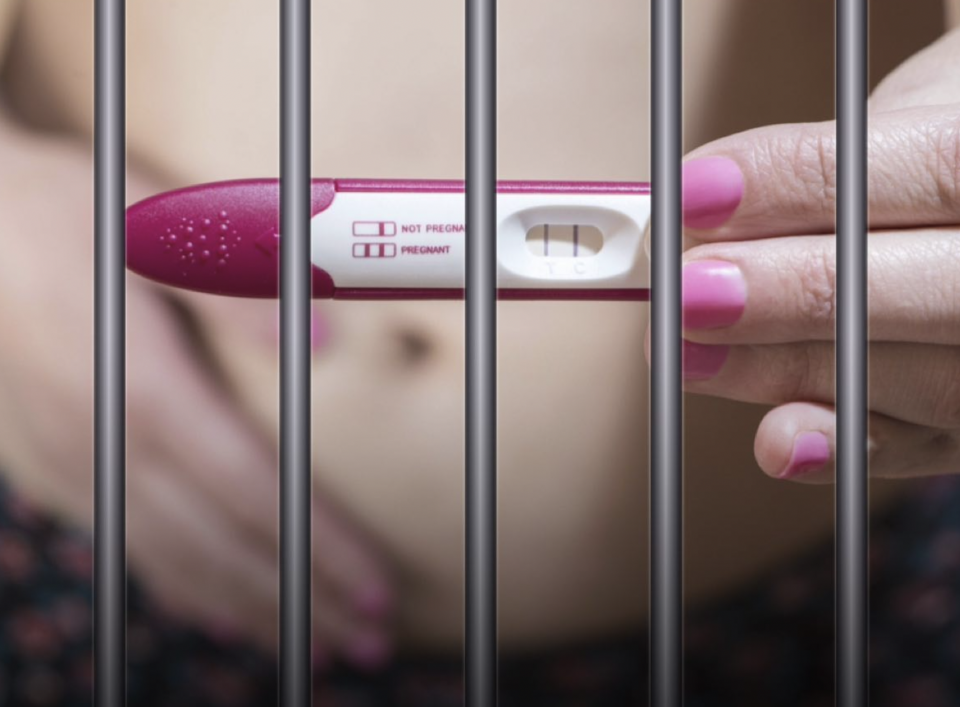Natalia Harrell’s case is a powerful reminder of how important it is to protect unborn babies and their mothers. Her legal battle has far-reaching implications for the current state of the law, and her words have reverberated throughout the legal system. In this article, we take a closer look at Natalia’s case, examine the implications of her story, and assess the future of unborn rights protection.
Table of Contents
Unpacking Natalia Harrell’s Legal Battle
Natalia Harrell was pregnant when she was arrested for a probation violation in Florida in 2018. The state’s Supreme Court denied her the right to post bond due to her unborn child’s status, and she was subsequently sentenced to prison despite the fact that she had no prior criminal record. She was forced to give birth to her child in prison, in a room without medical staff. Despite the lack of evidence to support the prosecution’s case, Natalia was denied her right to appeal the decision.
Harrell’s case quickly gained national attention, and her story has been shared widely on social media. Advocates for pregnant women’s rights have argued that her case is indicative of a larger problem with how pregnant women are treated in the criminal justice system. Natalia’s case has become a rallying cry for reproductive justice, putting the spotlight on the unequal treatment of pregnant women in the legal system.
Examining the Implications of Harrell’s Case
Natalia’s case has raised important questions about how pregnant women are treated in the criminal justice system. Her story has brought to light the need for the legal system to recognize pregnant women as individuals with rights, rather than as vessels for unborn children.
Harrell’s case is also a reminder of the power of storytelling. Despite the lack of evidence to support her case, Natalia’s story of injustice resonated with the public and has sparked important discussions about the need for reform.
Assessing the Future of Unborn Rights Protection
Natalia Harrell’s case has highlighted the need for greater protections for unborn children and their mothers. Her story has raised questions about the need for the legal system to recognize the rights of both mothers and unborn children, and many advocates are calling for legislation that would ensure that pregnant women are treated more fairly.
Despite the lack of legal precedent in this area, there are some states that are taking steps to protect the rights of both mothers and unborn children. In recent years, several states have enacted laws that protect pregnant women who are arrested or incarcerated, and advocates hope that more states will soon follow suit.
Natalia Harrell’s story is a powerful reminder of the need to protect the rights of both mothers and unborn children. As public outcry continues to mount, the hope is that the legal system will recognize the importance of protecting the rights of all parties involved. With the right protections in place, hopefully these injustices can be avoided in the future.
